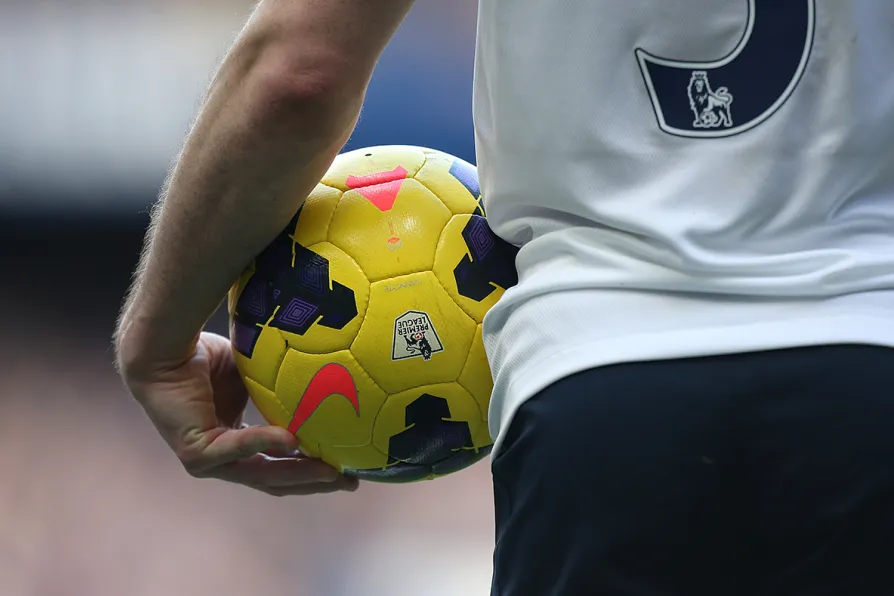Should we be surprised football has succumbed to Covid-19?


THOUGH “elite” football continues amid increased Covid-19 measures across the UK, an increasing number of games are having to be postponed due to cases of coronavirus at some clubs.
Regular testing at elite level means even asymptomatic cases are spotted, and positive cases have increased since several teams and players appear to have relaxed their rules during the Christmas period.
Naturally, the highest profile incidents have occurred in the Premier League and more recently, the Women’s Super League.
Similar stories














